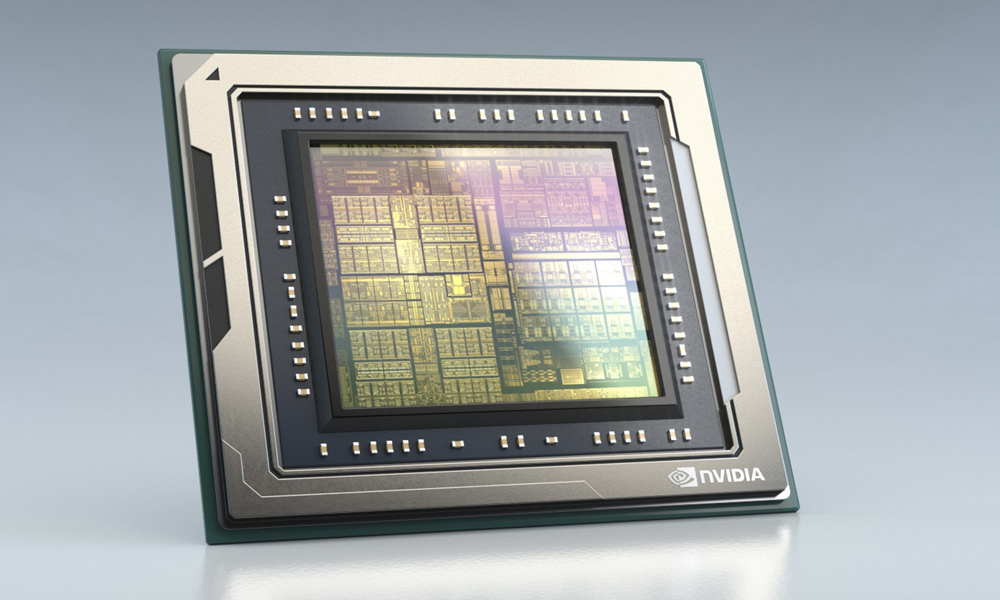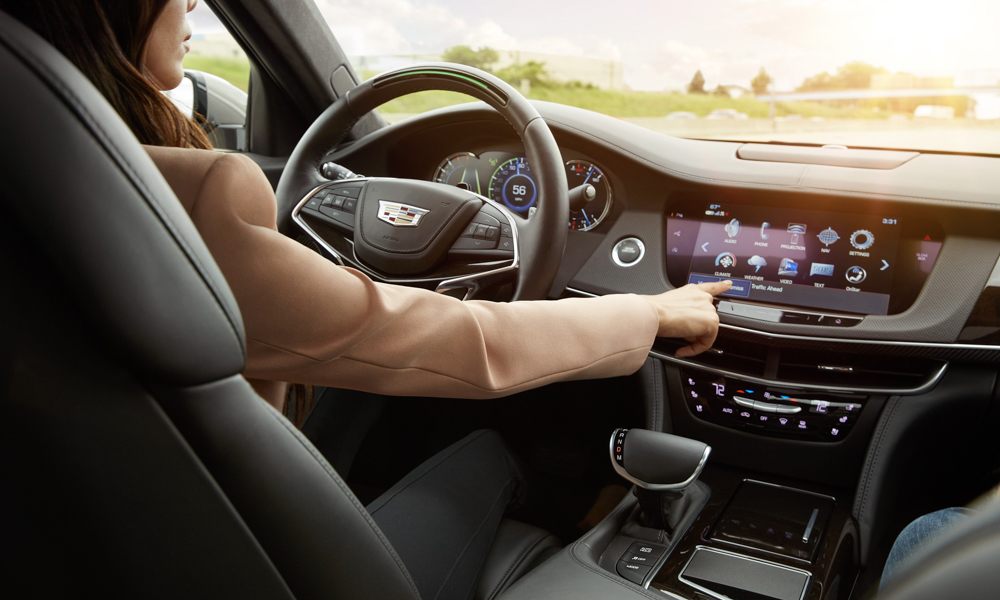
The chip shortage is currently putting a damper on things in the automotive industry. With the high demand for mobile devices needed for remote working arrangements, tech companies are prioritizing the production of electronics for laptops, phones and gaming consoles. Carmakers are left with no choice but to shut down factories as they scramble for alternatives.
That’s why it was strange to see electronics firms championing self-driving tech by forging partnerships with various car manufacturers. According to this Reuters report, the recently concluded Consumer Electronics Show in Las Vegas saw several chip makers boasting their pioneering efforts in the field of autonomous driving.
For example, Qualcomm, the maker of Snapdragon semiconductor products for mobile phones, says that it has won a contract with General Motors to produce chips for the Ultra Cruise system. Graphics-card producer Nvidia boasts that it is working with the likes of Mercedes-Benz, Volvo, Hyundai and some Chinese EV startups. Intel-owned Mobileye even debuted an autonomous transporter concept along with an announcement of its collaboration with Ford.

One of the challenges of self-driving technology is the complexity itself, and car brands would likely want to avoid the money needed to develop key components for these systems. But on the other hand, chip makers are faced with the daunting task of adapting their products to different vehicles. Finally, there is also the struggle of which party gets to keep the data.
That’s not to say that the chip shortage won’t be over anytime soon. For the electronics that control engines, car companies rely on a limited number of suppliers. But with the demand for EVs and autonomous driving predicted to rise exponentially in the next decade, the automobile as we know it might evolve into a supercomputer on wheels.


0 Comments